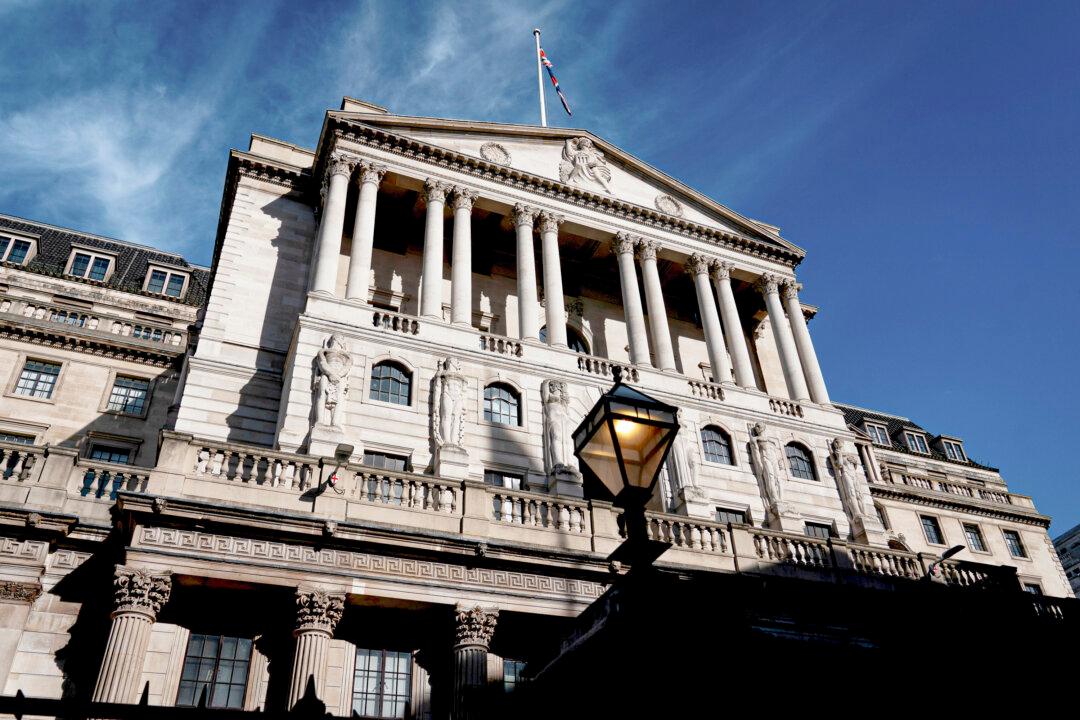In a widely expected move, the Bank of England (BoE) has held the interest rate at 5.25 percent, despite inflation reaching the bank’s two percent target in May.
The government has hailed the drop in inflation to the 2 percent target.
Prime Minister Rishi Sunak said inflation was “back to normal” and marked a turn for the UK economy.
However, the BoE said that it will keep the monetary policy restrictive for as long as it takes for the inflation to “sustainably” remain at the two percent target.
“For some members within this group, the return of headline inflation to 2 percent, while welcome, was not necessarily indicative of the required sustained return to target,” the MPC summary read.
MPC policymakers said that the labour market showed signs of loosening but remained high by historical standards. Economists expect the wage growth to gradually slow down as the labour market cools in the upcoming months.
The BoE, however, noted the “considerable uncertainty” of the ONS data estimates and said it remained “very difficult to gauge the evolution of labour market activity.”
Borrowing and Expected Cuts
With interest rates on hold, borrowers will see no relief in their mortgage expenses. They will now be looking at the bank’s August decision, when cuts are more likely to take place.Commenting on BoE’s decision on Thursday, the head of mortgage and housing policy at the Building Societies Association, Paul Broadhead, said that mortgage borrowers and first-time buyers will be very disappointed with the news.
“With two of the nine members of the Monetary Policy Committee voting for a cut today, it is clear that some are holding out for more overwhelming evidence that inflation can consistently stay at or close to the target.
“We still anticipate the Bank Rate will reduce this year, however, this is happening much later and slower than we had anticipated earlier in the year. Homeowners who are coming to the end of a fixed-rate mortgage this year, will need to prepare for an increase in their mortgage payments,” he added.
The MPC vote comes two weeks ahead of the general election on July 4.
MPC members said that the timing of the election was “not relevant to its decision,” which is made on the basis of what is necessary to achieve a sustainable two percent inflation.
The next MPC vote will be on August 1, which is when its members will “consider all the information available and how this affects the assessment that the risks of inflation persistence are receding.”
Elsewhere, central banks in Europe have started moving in the direction of cutting interest rates. Thursday saw the Swiss National Bank reduce rates for a second consecutive time, by 25 percentage points to 1.25 percent.
Earlier this month, the European Central Bank announced a cut in its main interest rate from an all-time high of 4 percent to 3.75 percent.
The MPC said it will continue monitoring inflationary pressures and the resilience of the economy as a whole.







